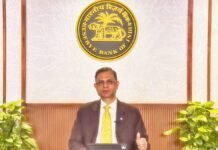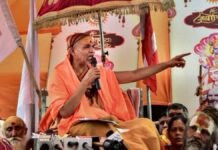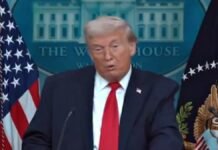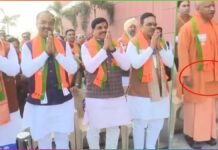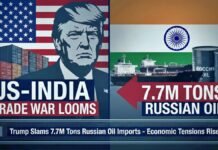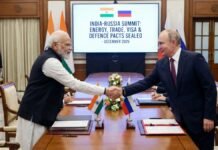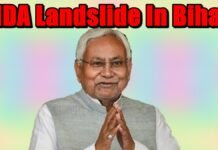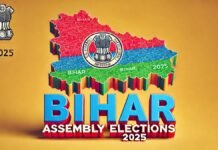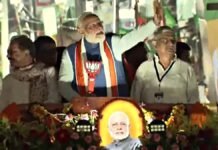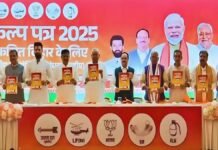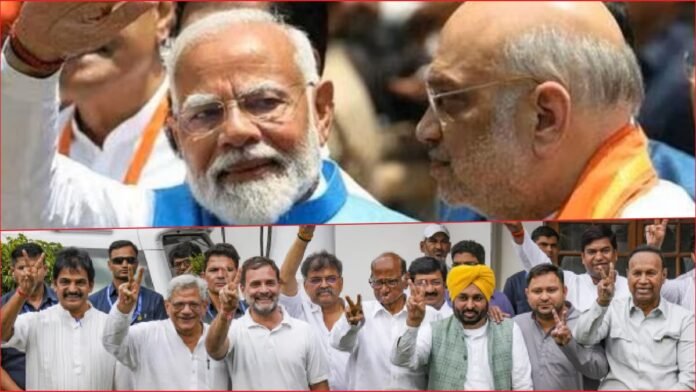
New Delhi. In a gripping conclusion to the Lok Sabha elections, the BJP-led National Democratic Alliance (NDA) has secured its position as the largest alliance, easily surpassing the majority mark of 272 seats. However, the BJP fell short of its ambitious goal of winning 370 seats independently and more than 400 seats with its allies. Despite this, Narendra Modi is on the brink of becoming Prime Minister for a third consecutive term, an unprecedented feat in recent Indian politics.
The election results have sparked varied reactions from international media, with Pakistan and China’s press showing notable interest. Conversely, American media has provided a balanced analysis of the outcome.
Pakistan’s leading newspaper, ‘Dawn,’ extensively covered the Indian elections on its website. One article highlighted the surprisingly narrow margin of victory for PM Modi’s alliance, noting that the BJP even lost in Ayodhya, the site of the recently inaugurated Ram temple. The newspaper emphasized Rahul Gandhi’s statement that voters have penalized the BJP. It also discussed concerns among India’s Muslim population about Modi’s third-term win, fearing increased tensions. Another piece delved into the global implications of Modi’s continued leadership.
Similarly, China’s ‘Global Times’ reported on the narrow victory margin for Modi’s coalition, predicting challenges ahead for economic reforms in his third term. Chinese analysts suggested that achieving Modi’s goals of competing with Chinese manufacturing and improving India’s business environment will be difficult under these circumstances.
The ‘Washington Post’ remarked that the election results have somewhat dented support for the BJP, impacting Modi’s image as the most formidable Indian politician in recent decades. ‘The Guardian’ echoed these sentiments, stating that although Modi seems set for a third term, the election results were far from a landslide, with the opposition performing better than anticipated.
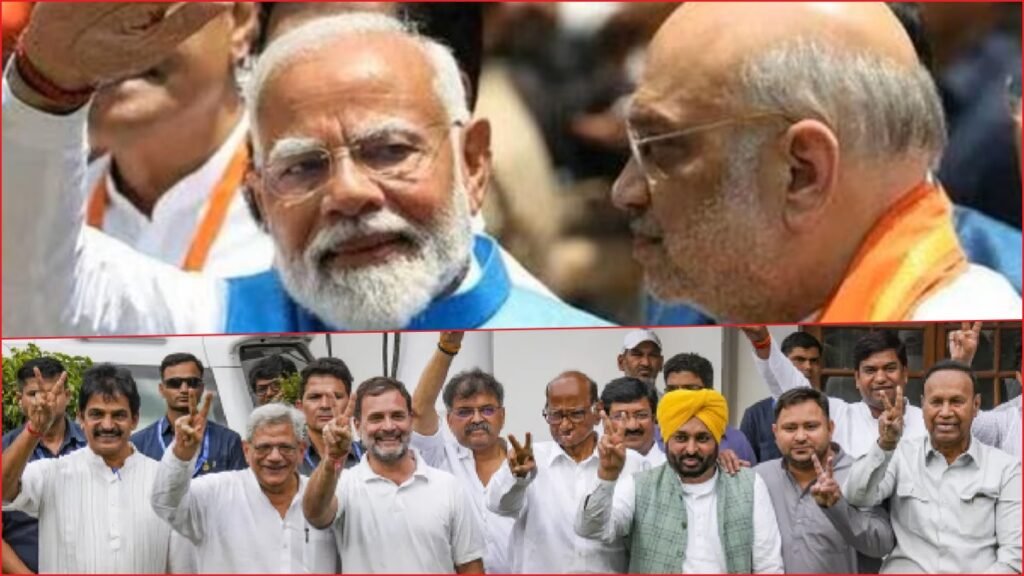
Furthermore, ‘The Times’ highlighted the potential political ramifications of Modi’s less-than-stellar performance, suggesting that the BJP will need to depend more on smaller coalition partners, some of whom do not endorse Modi’s ‘Hindu-First’ agenda. ‘Al Jazeera’ added that the BJP has lost its majority and will require allies to form the government, noting that opposition parties defied exit polls and made significant gains in key states, altering India’s political landscape.
As the world watches, Modi’s third term is set to navigate a complex and evolving political terrain both domestically and internationally.









